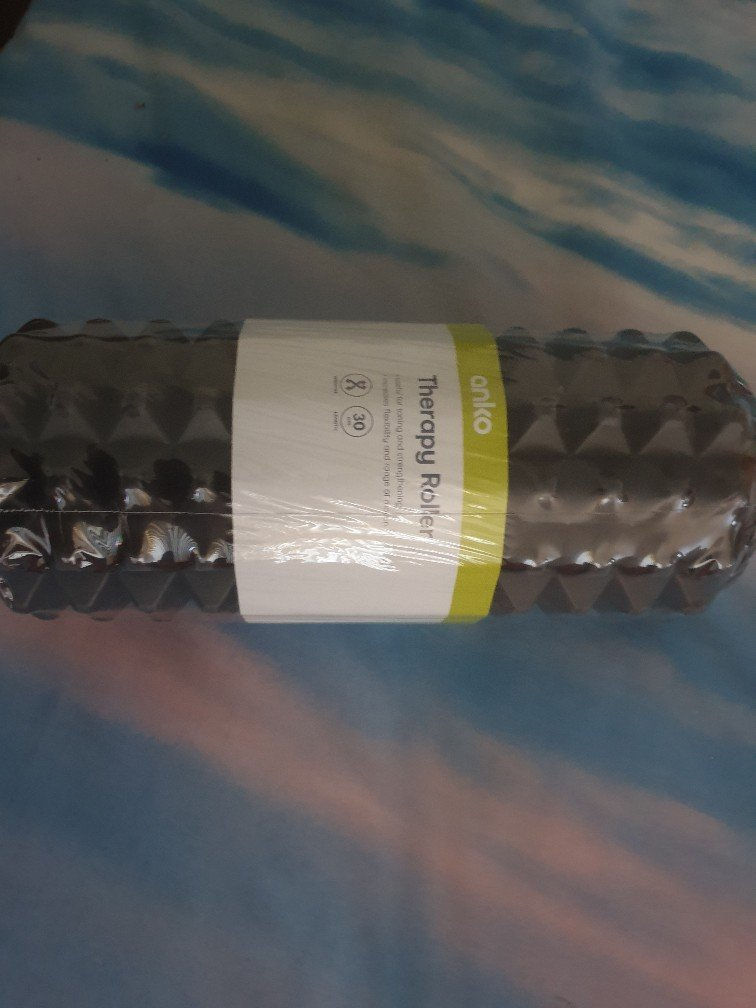Dewalt said:UnderEmployedGeo said:I'm not an expert on ergonomics etc, and I can imagine the swinging action of a detector could be a problem for some, but with regards to what happens when you get a target, I see a lot in the online vids that is about efficiency and speed and potentially harmful...which if you have a back issue is not a good way to go. I suspect that slowing down, properly kneeling beside a target, minimising swinging of picks - perhaps even prefer the levering of a cold chisel and a mallet to break up the ground then lifting pieces at a time... the pulling back action people sometimes use to scrape ground is basically like lifting a heavy object with poor form from what I've seen. Like all physical activities it's no problem at all until its a problem...
I agree with Geo, i have had a lower back problem for over 30 years and have been in traction in hospital a few times now. I use a harness and bungee on my 5000 which i can use for eight hours in a day with the normal fatigue you would expect after that amount of time.
My problems always comes from digging holes or the scraping of the surface with my foot which i never do anymore. I always use kneepads and kneel on every hole. Go slow and enjoy the dig. If i do not do this, the first hole i dig could be my last for the day and probable for a week which i will spend on my back in bed.
This may not be the same for all but it is definately the digging that causes me issues, seems to be that bending over with the weight of the pick out in front of me then dragging back that does the damage.
Building up your core muscles by walking regularly will also help with the use of the detector and is something that i do every day and this has helped me out heaps with my lower back just in general.
Thanks Dewalt, its information like this that makes me realize I can still enjoy detecting without too many issues. I think it will be digging the holes that will irritate my back more than carrying the weight.





